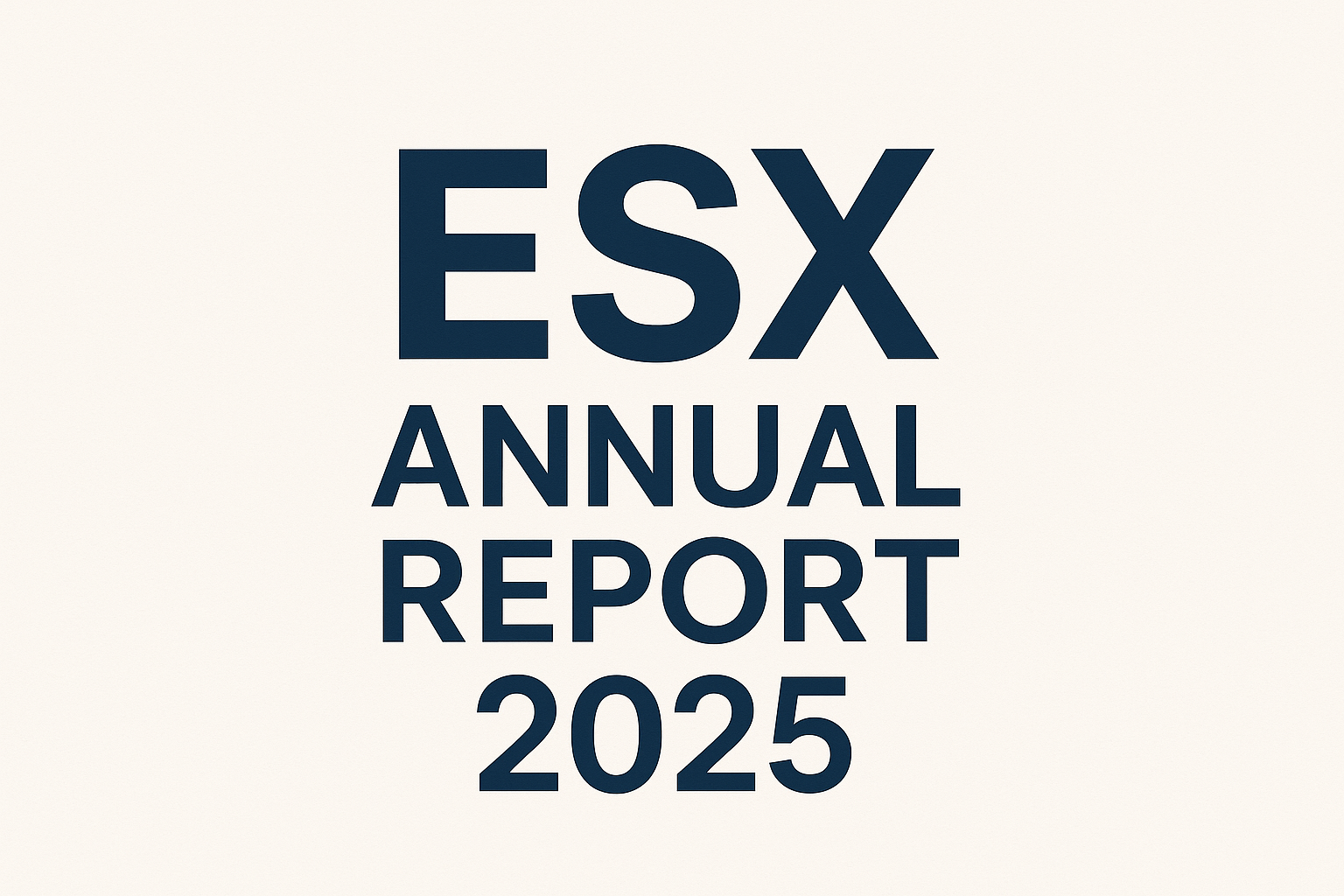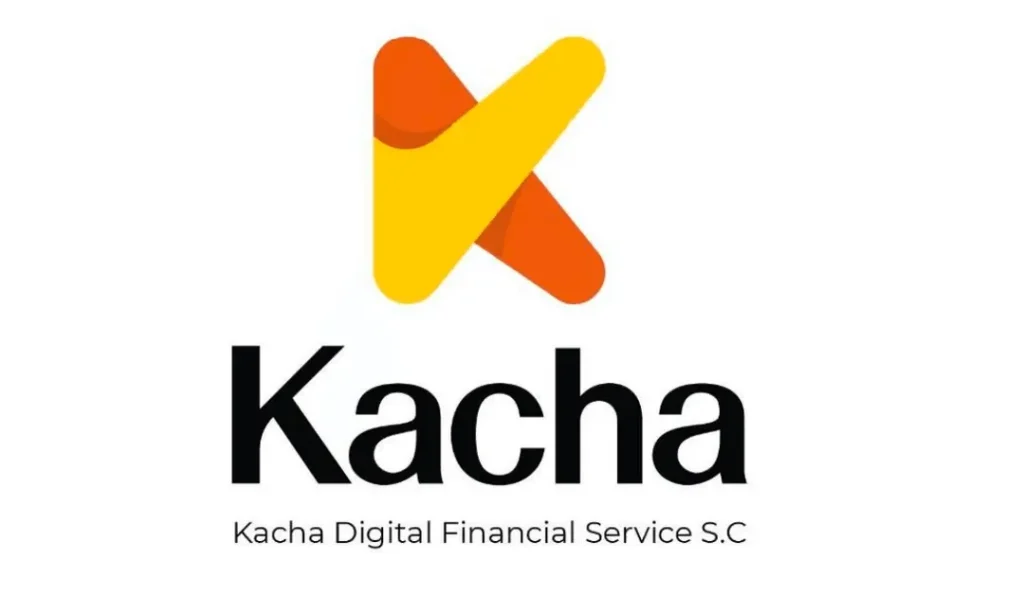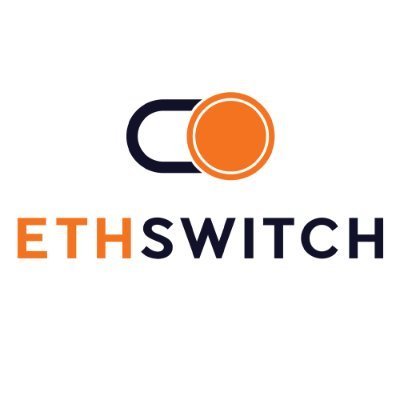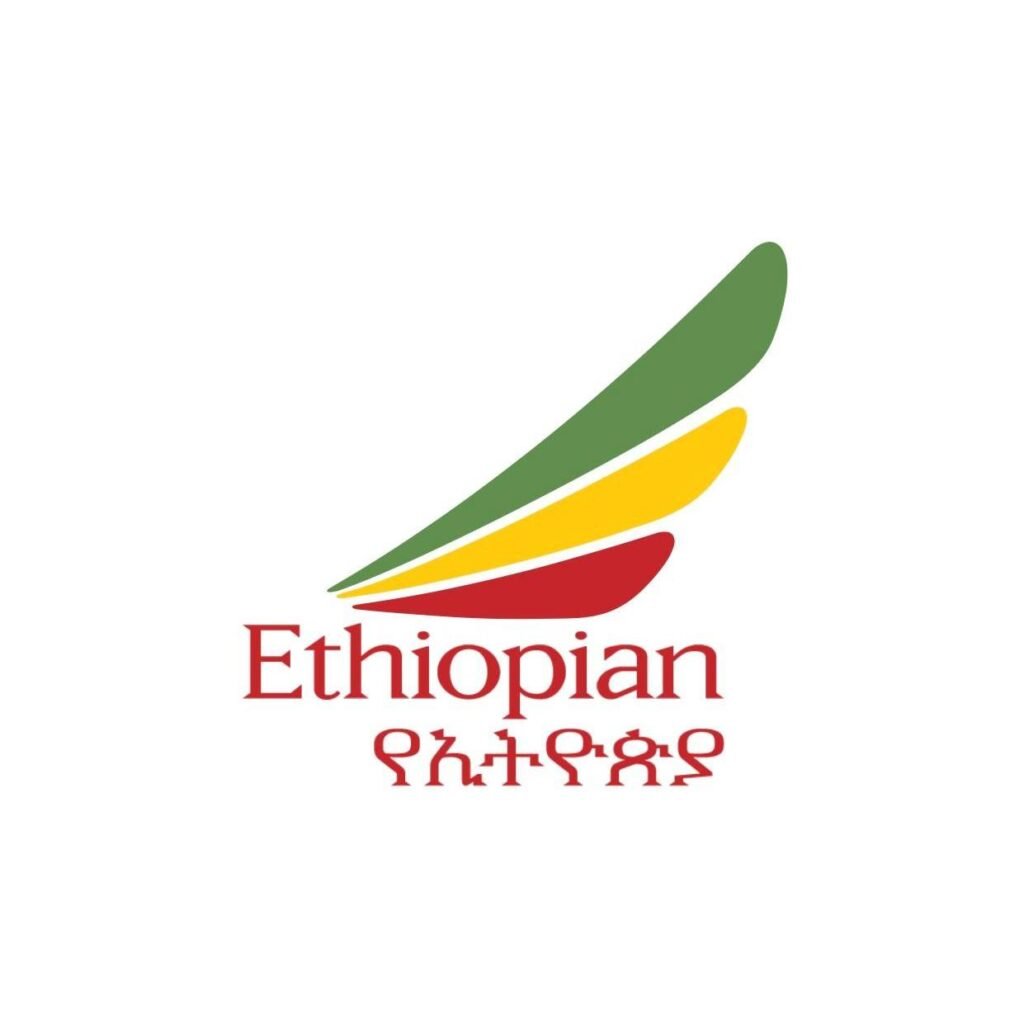Ethiopia Grants Operational License to Elon Musk’s Starlink Satellite Internet Service
Addis Ababa, June 2025
The Ethiopian Communications Authority has officially approved Elon Musk’s Starlink satellite internet service to operate in Ethiopia, marking a significant development in the country’s telecommunications sector. The license approval, finalized in April 2025, comes after nearly two years of negotiations between SpaceX’s Starlink division and Ethiopian regulators.
The approval makes Starlink the first foreign satellite internet provider authorized to operate in Ethiopia, introducing new competition to the country’s internet service market currently dominated by state-owned Ethio Telecom and private operator Safaricom Ethiopia. The service is expected to begin operations before the end of 2025.
Starlink’s entry into the Ethiopian market represents a major step in the government’s digital transformation agenda, particularly aimed at improving internet connectivity in rural and underserved areas. The satellite-based service can provide high-speed internet access without requiring extensive ground infrastructure, making it particularly valuable for remote regions where traditional internet services are unavailable or unreliable.
The licensing process faced several challenges, including negotiations around data localization requirements and service coverage commitments. Starlink has agreed to comply with Ethiopian regulations regarding data storage and user privacy. The company is also reportedly exploring partnerships with local firms for hardware distribution and customer support services.
While the service promises to improve internet access across the country, questions remain about affordability for average Ethiopians. Starlink’s user terminal equipment currently retails for approximately $600 globally, a significant investment for many in Ethiopia. The company has not yet announced local pricing plans or whether it will offer financing options to make the service more accessible.
Industry analysts suggest Starlink’s entry could pressure existing providers to improve service quality and potentially lower prices. The service may initially appeal to businesses, government institutions, and higher-income households before potentially expanding to broader consumer markets.
The Ethiopian government views the approval as part of its broader strategy to modernize the country’s digital infrastructure and attract technology investments. Communications officials have emphasized that Starlink’s operations will be closely monitored to ensure compliance with national regulations and fair competition practices.
Starlink is expected to begin initial service testing in major urban centers like Addis Ababa in the coming months, with full commercial operations anticipated to launch by late 2025 or early 2026. The rollout will be closely watched as a test case for satellite internet services in developing markets with complex regulatory environments.
The approval comes as Ethiopia continues to liberalize its telecommunications sector, which was opened to private competition for the first time in 2021 with the entry of Safaricom Ethiopia. The government has stated its commitment to expanding internet access nationwide as part of its digital economy development plans.
As Starlink prepares to launch services, attention now turns to how quickly the company can establish operations, the pricing structure it will implement, and how existing providers will respond to the new competition in Ethiopia’s evolving telecommunications market.







